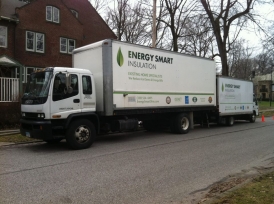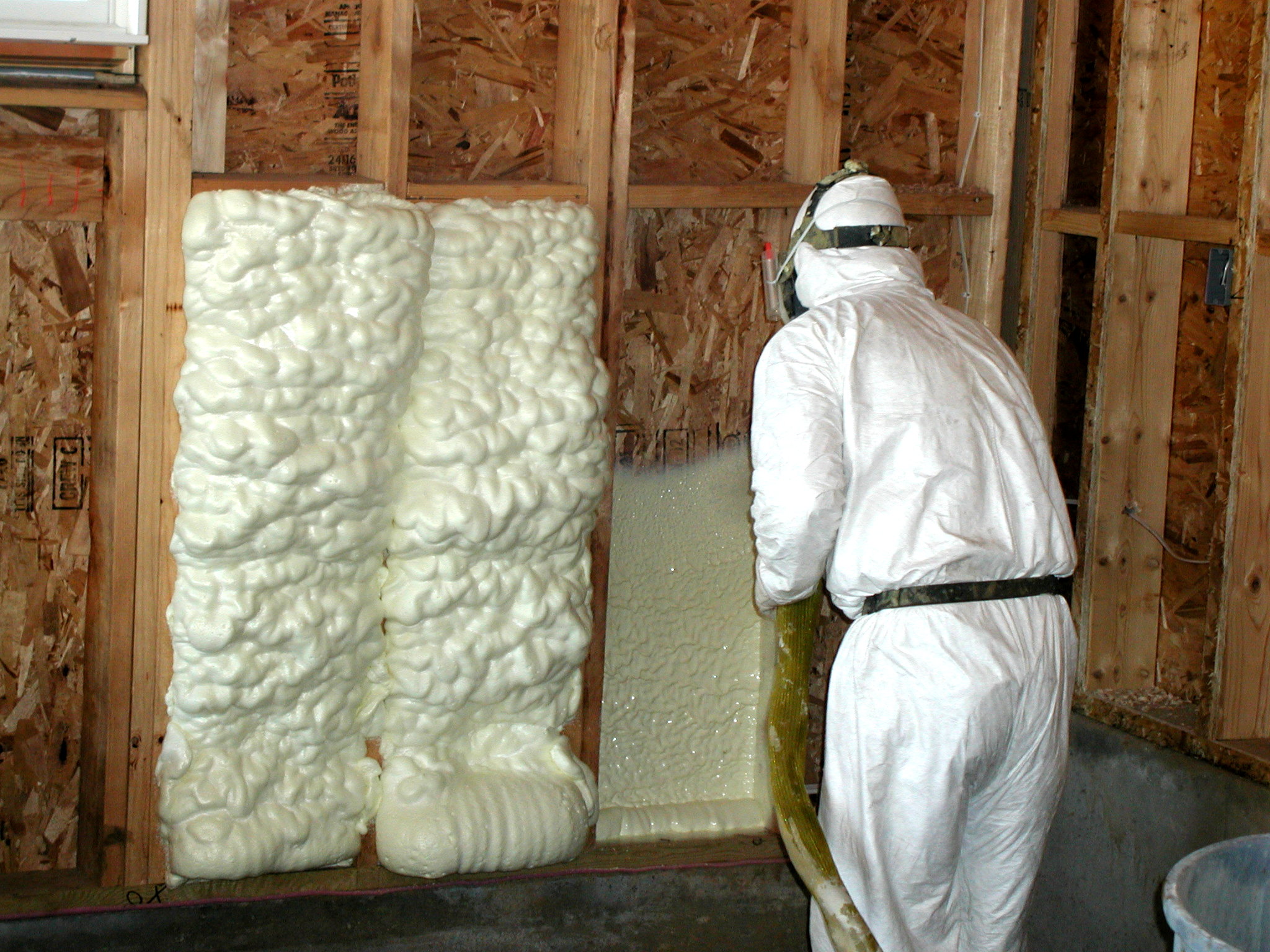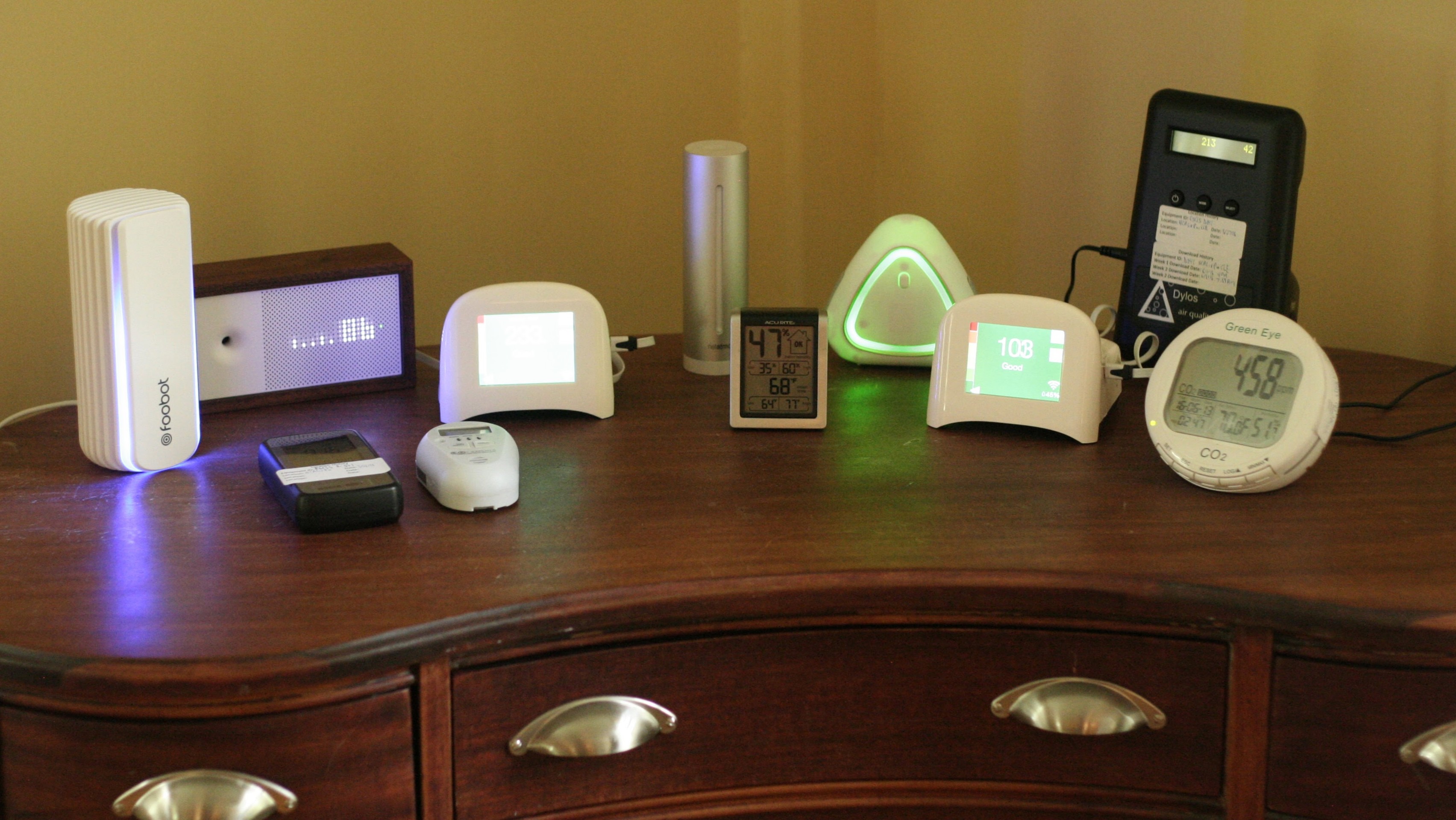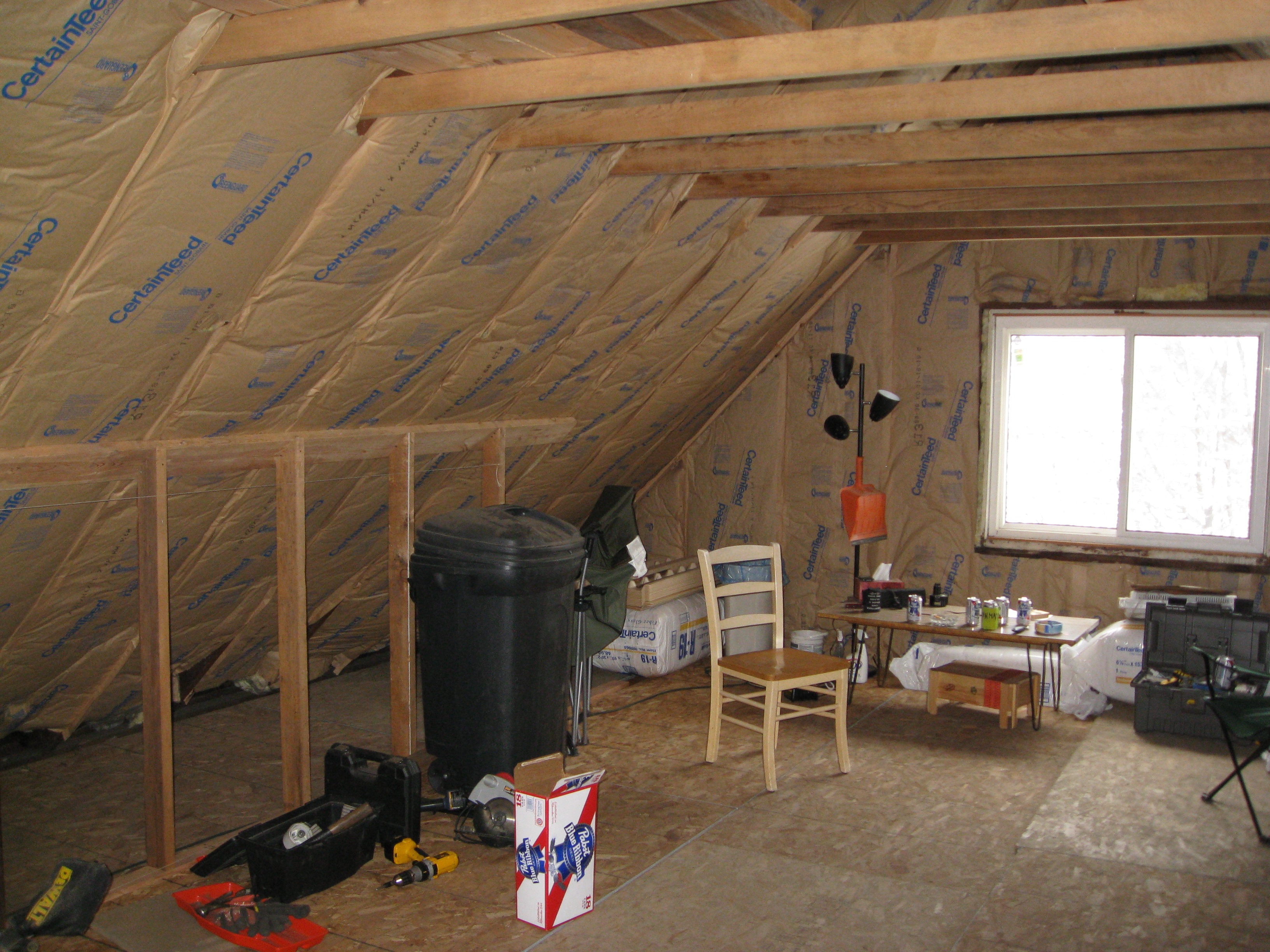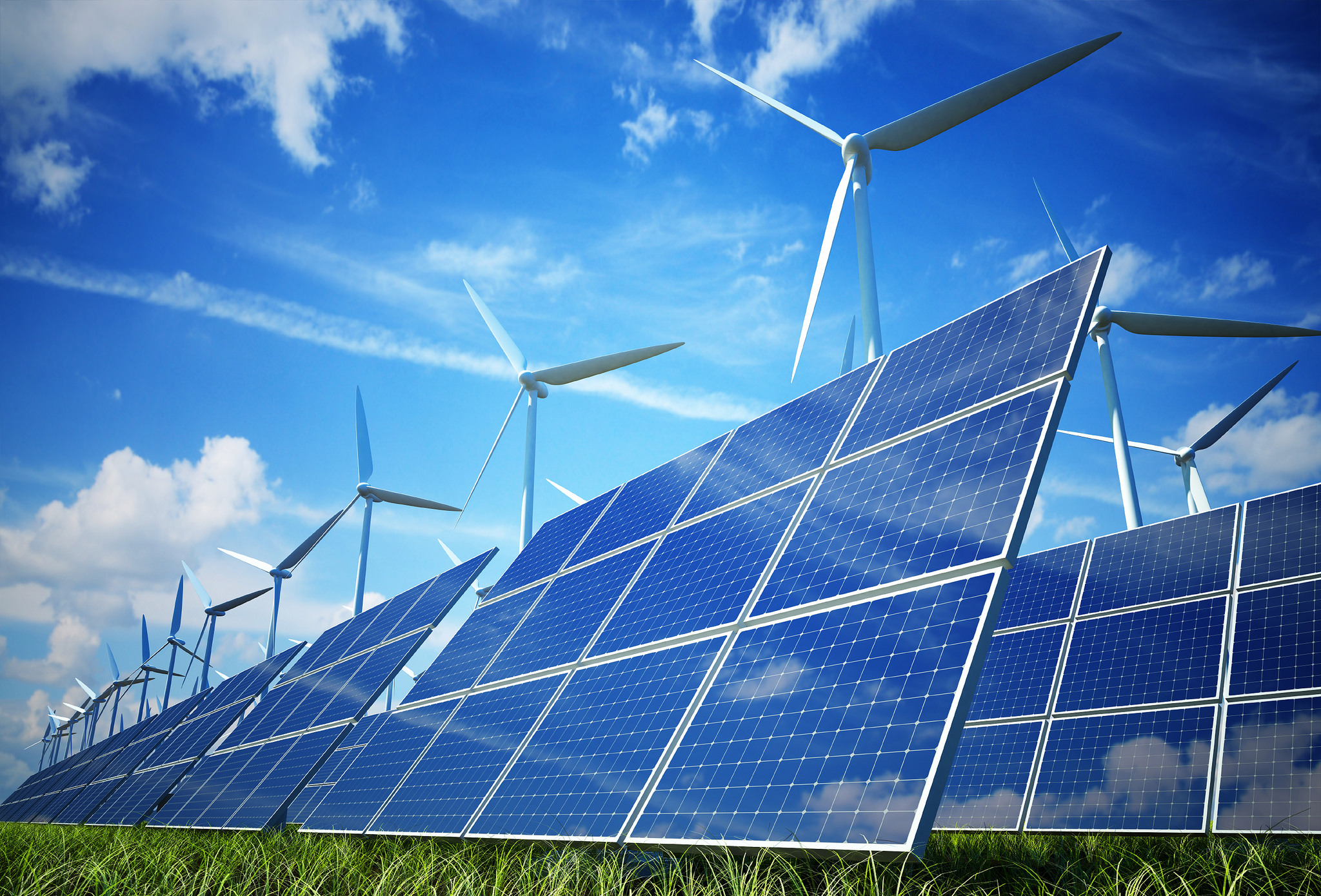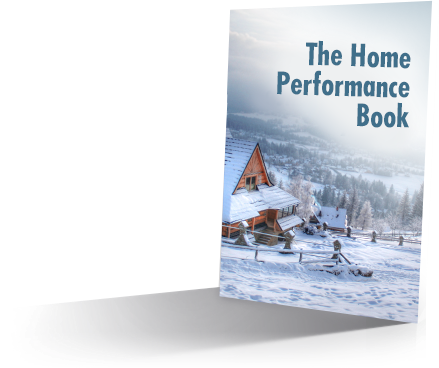Halogen Bulbs Are REALLY HOT! LED ones aren’t. A comparison.
While I am a home performance guy by trade (or insulation contractor, if you must call me that), I am actually an energy geek, interested in all things that conserve energy cost effectively.
To that end, for diagnosis purposes, I just bought a little infrared gun that tells you the temperature of a spot you point it at. They are useful for finding problems. I’ve kind of been geeking out on it!
Example: My animals are well insulated, their coats are essentially room temperature.
Since I still have the other 4 lights in my kitchen to change out, I thought I would get a comparison of the temperatures they run at. Like any good scientist, I believe what I can measure.
So first, I let the lights warm up for about 5 minutes so they would be at normal operating temperature. This was done yesterday, it was about 82 degrees in my kitchen (no air conditioning).
Then, I put the gun on its MAX setting, which picks up and shows the hottest temperature that you point it at. The best readings happened when I touched the gun to the bottom of the lights.
First, the LED.
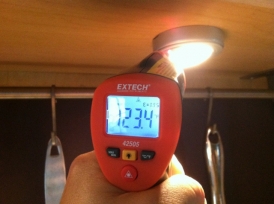
So at 123 degrees, that is a delta T (difference in temperature) of about 41 degrees. So yes, LED lights do heat up a little bit. My wife’s tea is typically 140-150 degrees, though, so this isn’t too bad.
Now for the halogen temperature.
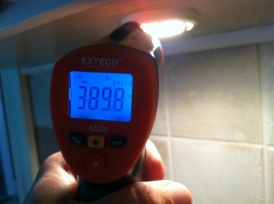
Yowsers! Almost 400 degrees! You could bake something on that!
Since it discolored the bottom of the cabinet (see my last LED post here, where I installed them), it made me think of Fahrenheit 451, the dystopian book, or the temperature at which paper burns, which is wood after all.
These lights are only 62 degrees cooler than that! We noticed everything in the cabinet with the discolored bottom was a little warm.
OK, Nate, so what’s your point?
The point is, LED lights don’t waste 80-90% of the energy they consume producing heat. Those temperatures are proof.
Between low energy consumption, long life, and good color temperatures, I have become a big fan of LED lights.
Get the HVAC Guide

It's free! Make buying a new furnace, air conditioner, or heat pump less stressful.


